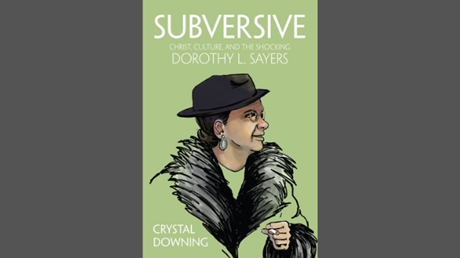An interview with Downing on her new book about the life of Dorothy L. Sayers.

Ed Stetzer: Sayers’ name will not be as familiar to our audiences, but her influence will be. Tell us more about why people should know and engage her work?
Crystal L. Downing: C. S. Lewis identified Dorothy L. Sayers (1893 – 1957) as an important influence on his spiritual life, largely due to The Man Born to Be King, her series of BBC radio plays about Jesus. After Sayers sent him a published copy in 1943, Lewis developed a lively correspondence with her, reading through her plays for his Lenten devotions every year until he died. Stretching Lewis to think in new ways, Sayers can do the same for us, exposing what she calls an “idolatry” of language among Christians, as when she was attacked for not using King James English in the radio plays. Inundating Sayers with hate mail, Christians set up a nationwide censorship campaign, demanding the plays be taken off the air. Ironically, scores of skeptics who usually avoided religious programming listened to the broadcasts due to the controversy. And what they heard was the Gospel message in language that made sense to them. Sayers received thousands of letters reporting how the radio plays had led people to take the Gospel message seriously for the first time in their lives.
Ed: She did not publicly identify with Christianity for a long time. Why?
Downing: The daughter of a clergyman, Sayers never renounced her faith. Instead she compartmentalized it, largely due to the way she saw Christians using Jesus as a protector of the status quo. In her twenties, she published a verse drama exposing how believers, rather than proclaiming “For me to live is Christ,” act as though “For me to live is my party's political platform,” using ...
from Christianity Today Magazine
via


.gif)

.gif)
.gif)
